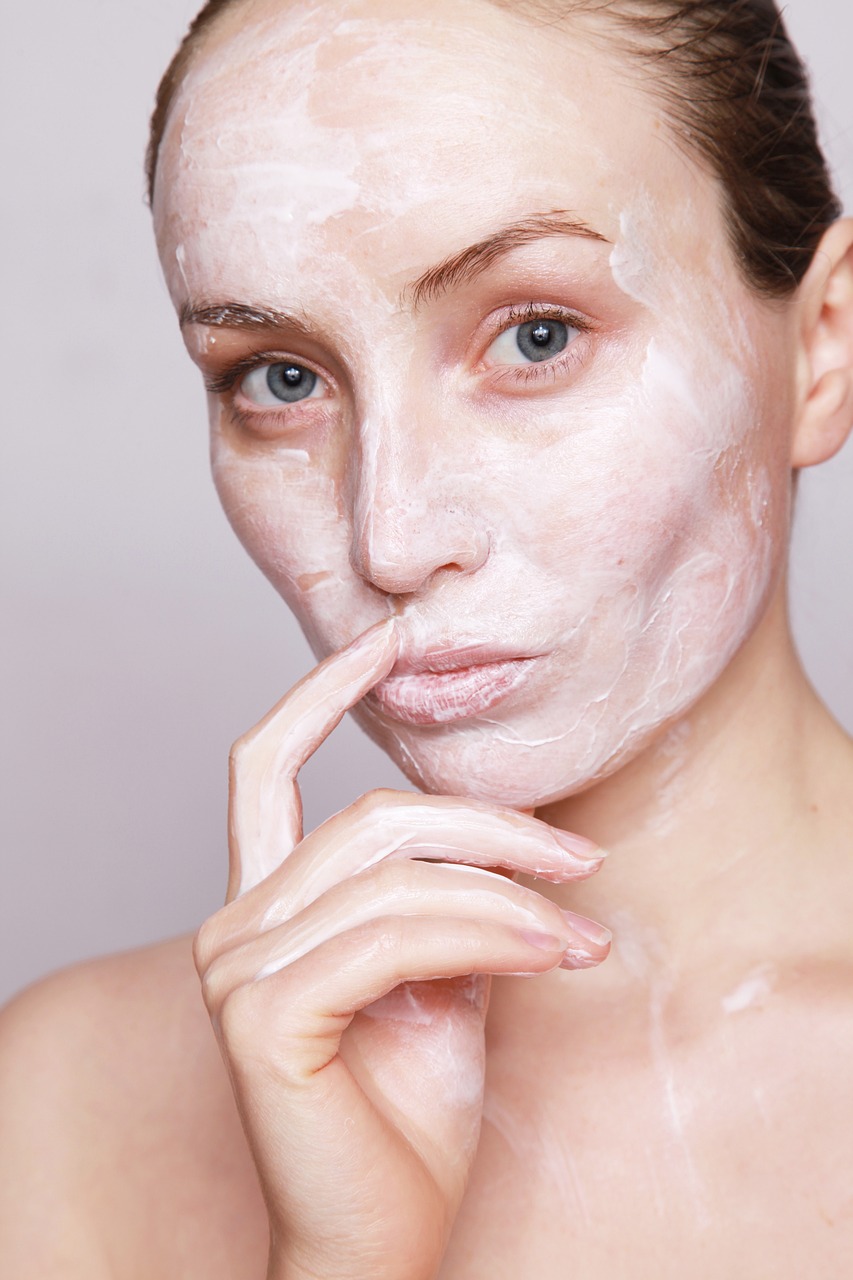The Power of Sunscreen: Why You Need It Every Day

Sunscreen is often regarded as the most important step in any skincare routine—and for good reason. Protecting your skin from harmful UV rays is not just about avoiding sunburns; it’s about maintaining long-term skin health, preventing premature aging, and reducing the risk of skin cancer. Here's everything you need to know about why sunscreen should be a daily essential.
What is Sunscreen and How Does It Work?
Sunscreen is a skincare product designed to protect your skin from ultraviolet (UV) radiation by either absorbing or reflecting harmful rays. There are two types of UV rays:
- UVA Rays: Cause premature aging by penetrating deep into the skin and breaking down collagen.
- UVB Rays: Responsible for sunburn and direct DNA damage, increasing the risk of skin cancer.
Top Reasons to Wear Sunscreen Every Day
Prevents Skin Cancer
- Daily sunscreen use can significantly reduce the risk of melanoma and non-melanoma skin cancers by shielding your skin from UV damage.
Prevents Premature Aging
- UV exposure is the leading cause of wrinkles, fine lines, and age spots. Sunscreen helps maintain a youthful complexion.
Reduces Hyperpigmentation
- Consistent sunscreen use prevents dark spots and uneven skin tone caused by sun exposure.
Protects Against Environmental Damage
- Sunscreen forms a barrier against harmful rays and pollution, preventing oxidative stress on the skin.
Works in All Seasons
- UV rays penetrate clouds, so sunscreen is essential even on overcast or cold days.
How to Choose the Right Sunscreen
Broad Spectrum
- Ensures protection against both UVA and UVB rays.
SPF (Sun Protection Factor)
- Opt for SPF 30 or higher for adequate protection. SPF 30 blocks about 97% of UVB rays.
Skin Type
- Oily/Acne-Prone Skin: Choose oil-free, non-comedogenic formulas.
- Dry Skin: Opt for moisturizing sunscreens with hydrating ingredients like glycerin or hyaluronic acid.
- Sensitive Skin: Look for mineral sunscreens with zinc oxide or titanium dioxide.
Water Resistance
- Essential for outdoor activities or swimming, though reapplication is still necessary.
How to Use Sunscreen Effectively
Apply Generously
- Use about a teaspoon for your face and a shot glass amount for your body.
Don’t Forget Key Areas
- Cover often-overlooked spots like ears, neck, hands, and the tops of your feet.
Reapply Regularly
- Reapply every two hours, or more often if swimming or sweating.
Combine with Other Protection
- Wear hats, sunglasses, and seek shade during peak sun hours (10 a.m. to 4 p.m.).
Common Myths About Sunscreen
“I Don’t Need Sunscreen Indoors”
- False. UVA rays can penetrate windows, causing skin damage even indoors.
“Dark Skin Doesn’t Need Sunscreen”
- Myth. While melanin offers some natural protection, it doesn’t fully prevent UV damage or skin cancer.
“I Only Need It on Sunny Days”
- Wrong. Up to 80% of UV rays can pass through clouds.
“Makeup with SPF is Enough”
- Not true. Makeup with SPF usually isn’t applied in sufficient amounts to provide full protection.
Sunscreen Tips for Everyday Use
- Layer Wisely: Sunscreen should be the final step in your skincare routine before applying makeup.
- Carry a Sunscreen Stick: For easy reapplication on the go.
- Combine with Antioxidants: Pairing sunscreen with vitamin C serum boosts your skin’s defense against environmental stressors.
The Bottom Line
Sunscreen is not just a product; it’s a daily necessity for maintaining skin health and beauty. Whether it’s a sunny day at the beach or a cloudy day at the office, incorporating sunscreen into your routine is the best step you can take to protect your skin.
Would you like recommendations for the best sunscreens based on your skin type or guidance on how to reapply without disrupting makeup?
